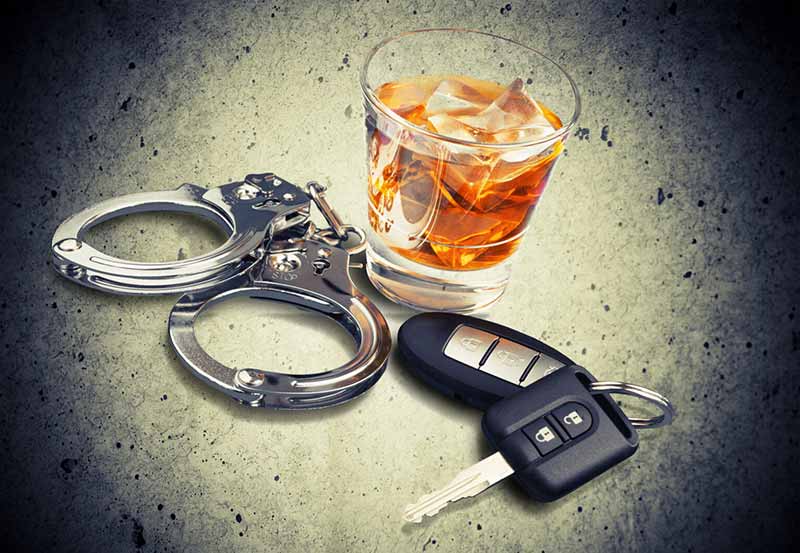Choose a Louisville And Northern Kentucky DUI Attorney Who Will Fight For You
Anyone who is arrested for a DUI in Kentucky should hire a Louisville DUI lawyer from Pharr Law Group. Our DWI attorneys in Louisville are there for you from right after your arrest until the final ruling, plus any possible appeals. Whether the person being charged is an adult or juvenile or they’re facing a felony or misdemeanor, a Louisville DUI attorney from our firm will consult with the defendant immediately and clearly explain all the options.
Louisville And Northern Kentucky’s Top Dui And Dwi Attorneys

Our local DUI legal defense resources and representation are more effective here in Kentucky than those from outside the Commonwealth. A Louisville DUI lawyer in our office can hire investigators to find any evidence that may have been missed by the police and could help your case. We are also experts at filing motions that suppress or help discover more evidence in your favor, if necessary.
As experienced DWI attorneys in Louisville, we’re able to analyze the results of breathalyzer tests and determine if officers improperly administered them. If so, our expertise in the courtroom can help you “beat the wrap.” But no matter what, a Pharr Law Group Louisville DUI attorney will do everything legally possible to get you a reduced sentence or an outright case dismissal.
Being arrested for a DUI doesn’t have to mean the end of the world. We’ve had great success helping people keep their driver’s licenses, getting their cases dismissed, and clearing their records. And if you need our help, our DWI attorneys in Louisville can do the same for you. Call us today to talk to a Louisville DUI lawyer about your case or to set up a meeting. We are conveniently located in Louisville, serving clients in Northern Kentucky, and offer flexible appointments to meet your schedule.

Contact Us Now to Get The Lawyer You Need & The Results You Deserve.









